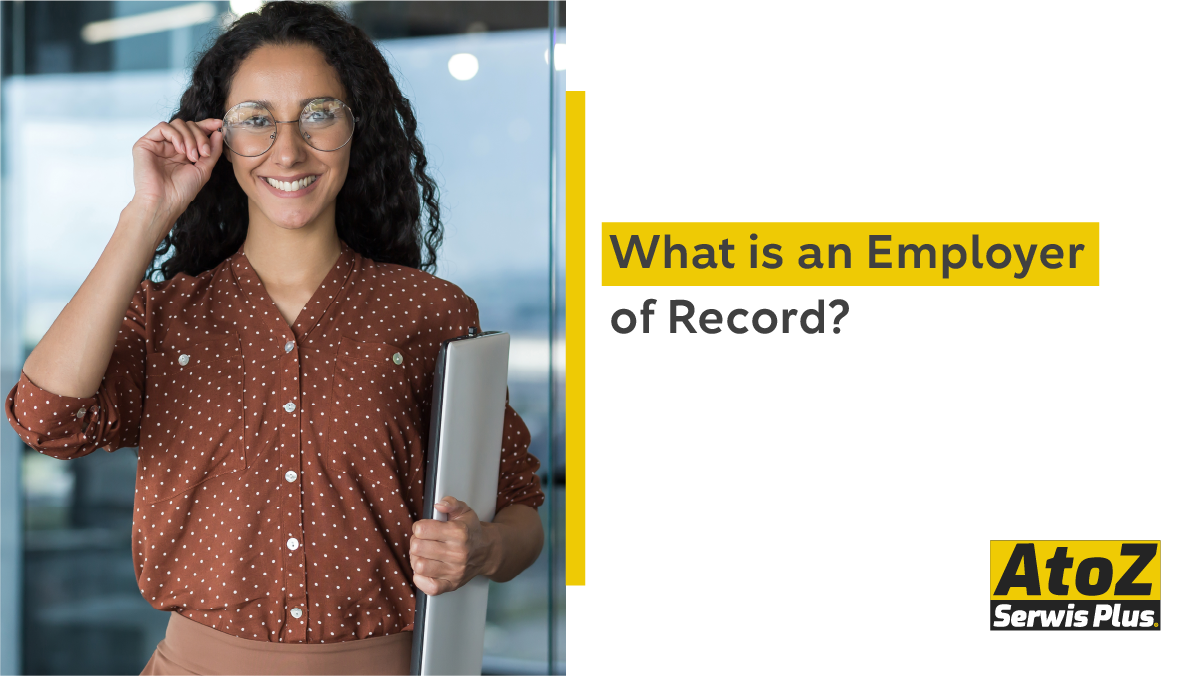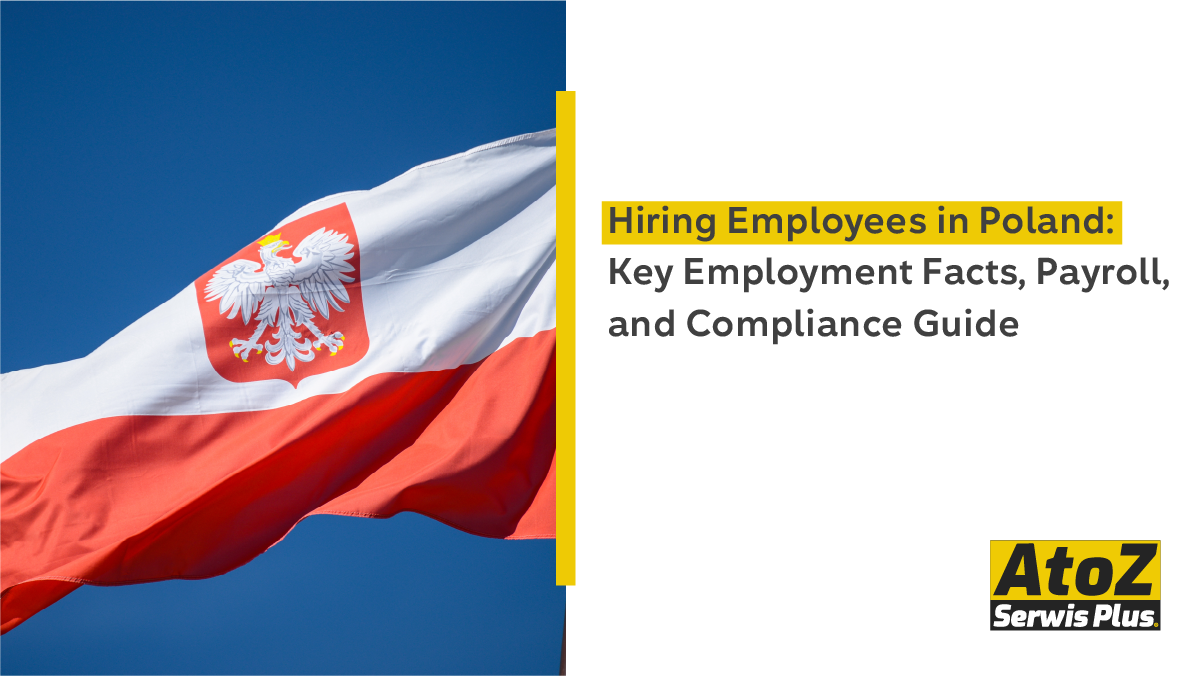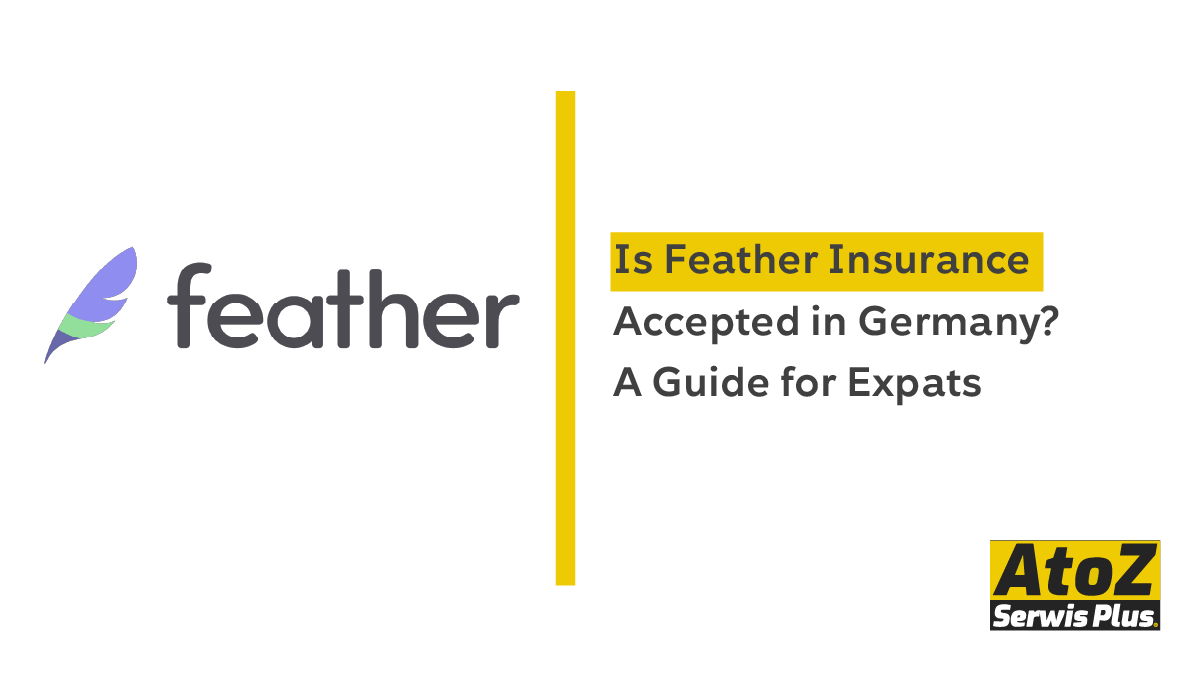

What is an Employer of Record?
What is an Employer of Record (EOR)?
Introduction
When a company decides to expand into a new country, one of the biggest challenges is managing employment laws, payroll systems, and HR compliance. Every country has its regulations about taxes, benefits, termination, and employee protections. Setting up a legal entity in each new market is costly, time-consuming, and often unnecessary if the business is only hiring a small number of employees.
This is where an Employer of Record (EOR) becomes an essential partner. An EOR allows companies to hire employees in different countries without opening a local subsidiary. The EOR becomes the legal employer, handling all employment responsibilities such as payroll, taxes, contracts, and compliance. At the same time, the client company continues to manage the employee’s role, performance, and day-to-day activities.
What Does an Employer of Record Do?
An Employer of Record (EOR) is a third-party organisation that officially employs workers on behalf of another company. The concept is simple: the EOR takes care of the employment relationship, while the client company focuses on the work relationship.
Here’s a detailed breakdown of what an EOR does:
- Payroll Administration – The EOR runs payroll in local currency, ensures taxes are deducted correctly, and pays employees on time. This includes statutory contributions like social security, health insurance, and pensions.
- Employment Contracts – The EOR prepares legally compliant contracts based on local labour laws. This protects both the company and the employee from disputes or penalties.
- HR Compliance – From annual leave policies to working hour regulations, the EOR ensures all HR practices meet local requirements.
- Benefits Management – The EOR manages employee benefits such as healthcare, paid leave, retirement contributions, and insurance, where required by law.
- Tax Filing & Contributions – The EOR handles employer-side taxes and ensures all government filings are made correctly and on time.
- Termination Support – Ending an employment contract abroad can be complex. The EOR ensures that notice periods, severance pay, and exit documentation comply with local laws.
The EOR does not manage performance — that responsibility stays with the client company. The EOR manages employment, while the client manages tasks, goals, and results.
What are the Benefits of Working with an Employer of Record?
The benefits of using an EOR extend far beyond compliance. For many businesses, it is the most practical solution for international expansion. Let’s explore the advantages in detail:
- Faster Market Entry
Setting up a legal entity in a new country can take months. With an EOR, you can hire employees within days, making it easier to test new markets quickly. - Cost Savings
Incorporating a business abroad requires legal fees, accounting costs, office space, and ongoing maintenance. An EOR eliminates these expenses by acting as your local employer. - Compliance and Risk Reduction: Labour laws vary significantly between countries. An EOR ensures compliance with all local rules, reducing risks of misclassification, fines, or lawsuits.
- Payroll & Benefits Management
Employees receive their salary in local currency, along with statutory benefits, without the company needing to set up payroll systems in each country. - Flexibility to Scale
Whether hiring a single employee or a small team, an EOR provides the flexibility to scale up or down as needed without long-term commitments. - Focus on Core Business
By outsourcing HR, payroll, and compliance to an EOR, businesses can focus their time and resources on growth, customers, and strategy instead of administration.
How to End an Employment Contract with an Employer of Record
Ending an employment relationship is one of the most sensitive areas in international HR. Laws about termination, notice periods, and severance vary significantly between countries. Mishandling an employee’s exit can result in lawsuits, fines, or reputational damage.
With an EOR, the process of ending employment is managed legally and fairly. Here’s how it typically works:
- Notice Periods – The EOR ensures that employees are given the correct notice period required by local law or contract.
- Severance Pay – If compensation is required, the EOR calculates and administers the payment.
- Exit Documentation – The EOR issues final letters, releases, and required government filings.
- Final Payroll – Salaries, bonuses, and unused leave are calculated and paid correctly.
- Compliance – Every step follows local labour laws, ensuring the company avoids costly disputes.
This means the client company can make strategic decisions while the EOR handles the legal details.
Do You Need an Employer of Record?
Not every company needs an EOR, but it’s often the best choice in specific situations. You may need an EOR if:
- You want to hire employees abroad quickly without setting up a legal entity.
- You’re entering a new market for testing purposes with a small team.
- You manage a distributed workforce across different countries.
- You hire contractors but want to convert them into employees to reduce legal risks.
- You want to stay compliant with local employment laws, but don’t have in-house expertise.
In short, if your company wants to expand internationally with minimal risk, an EOR is the most innovative and cost-effective solution.
Showcase your Employer of Record services with AtoZ Serwis Plus. Get featured in our top-ranked country guides. Register here
How AtoZ Serwis Plus Can Help
At AtoZ Serwis Plus, we collaborate with our global partner network to provide access to trusted Employer of Record (EOR) services. While we do not directly deliver EOR solutions, our partners specialise in supporting businesses that want to expand internationally without setting up local entities.
Through our partnership, companies can benefit from:
- Drafting employment contracts that comply with local labour laws in each country.
- Running payroll in multiple currencies, including accurate tax and benefits deductions.
- Managing employee benefits, such as healthcare, pensions, and paid leave.
- Ensuring compliance with local tax, HR, and labour regulations.
- Handling onboarding and termination processes in line with local requirements.
With the support of our trusted partners, your business can hire international employees quickly, legally, and cost-effectively, while focusing on growth and performance.
FAQs About Employer of Record (EOR)
What is an Employer of Record (EOR)?
An Employer of Record (EOR) is a third-party provider that legally employs staff on behalf of a company, managing payroll, HR, compliance, and contracts. In contrast, let the client company direct daily work.
How does an Employer of Record work?
The EOR hires employees under its legal entity in the country of work, issues compliant contracts, processes payroll, withholds taxes, and ensures compliance, while you manage the employee’s performance.
Why do companies use an EOR?
Businesses use EOR services to hire employees abroad quickly without creating a subsidiary. This saves time, reduces legal risks, and ensures compliance with local labour laws.
What services does an EOR provide?
EOR services typically include payroll management, tax withholding, benefits administration, HR compliance, contract drafting, and lawful employee terminations.
Does an Employer of Record manage employee performance?
No. The EOR handles the employment relationship (legal and HR matters), while the client company manages day-to-day performance and job responsibilities.
What are the benefits of using an EOR?
Key benefits include faster market entry, compliance with labour laws, reduced legal risk, cost savings, and simplified payroll and benefits administration.
Is an EOR the same as a PEO?
No. A PEO (Professional Employer Organisation) usually requires a co-employment model with your local entity, while an EOR acts as the full legal employer in a foreign country.
How quickly can an EOR onboard employees?
In most cases, onboarding through an EOR can be completed within a few days to a couple of weeks, much faster than setting up a legal entity.
Can an EOR handle multi-country payroll?
Yes. Many EORs manage payroll in multiple countries, paying employees in local currency while ensuring compliance with each country’s tax system.
Who is responsible for paying employee salaries with an EOR?
The EOR processes payroll and distributes salaries, but the client company funds the payroll and service fees.
Can an EOR provide employee benefits?
Yes. EORs administer statutory benefits such as healthcare, pensions, and insurance, and can often provide competitive benefits packages in line with local laws.
How does an EOR ensure compliance?
EORs have local experts who understand labour, tax, and HR regulations. They draft compliant contracts, process payroll correctly, and manage employment in line with the law.
Is using an EOR cost-effective?
Yes. While EORs charge service fees, they save companies the high cost of establishing, maintaining, and closing foreign entities.
Can an EOR help convert contractors into employees?
Yes. An EOR can transition independent contractors into legally compliant employees, reducing misclassification risks.
How does an EOR handle employment termination?
The EOR manages terminations in compliance with local labour laws, including notice periods, severance pay, documentation, and final payroll settlements.
Is an EOR suitable for small businesses?
Yes. EORs are ideal for startups and SMEs that want to test international markets without investing heavily in local subsidiaries.
Do employees know they are hired through an EOR?
Yes. Employees sign contracts with the EOR but work under the client company’s direction. This arrangement is explained during onboarding.
Does an EOR increase hiring flexibility?
Absolutely. Companies can hire single employees or small teams abroad without committing to long-term entity costs.
Can EORs help with immigration and work permits?
Some EORs provide support for visas and work permits, although this depends on local laws and the provider’s services.
When should a company move from an EOR to its entity?
When your headcount in a country grows significantly and long-term plans justify the cost and effort of establishing a subsidiary, it may make sense to transition from EOR to direct employment.
Partner with AtoZ Serwis Plus: Sponsored Articles for Employer of Record Services
Is your company providing Employer of Record (EOR) services? Join us as a Sponsored Article Partner and gain visibility across our high-ranking, country-specific employment and compliance guides.
By partnering with AtoZ Serwis Plus, your company will:
- Be featured in our country-based Employer of Record articles, reaching businesses searching for EOR solutions.
- Receive a prominent logo placement and a direct link to your website for maximum visibility.
- Enhance your SEO ranking and brand authority by partnering with reputable employment and immigration resources.
- Attract new clients looking for payroll, HR compliance, and employment outsourcing solutions worldwide.
Our platform is already indexed at the top of Google search results for EOR and employment-related queries. Becoming a Sponsored Partner ensures your business is seen by companies actively looking for Employer of Record services in Poland and other countries.
Register now and feature your company as a Sponsored Article Partner: https://www.atozserwisplus.com/sponsor/advertise.


















